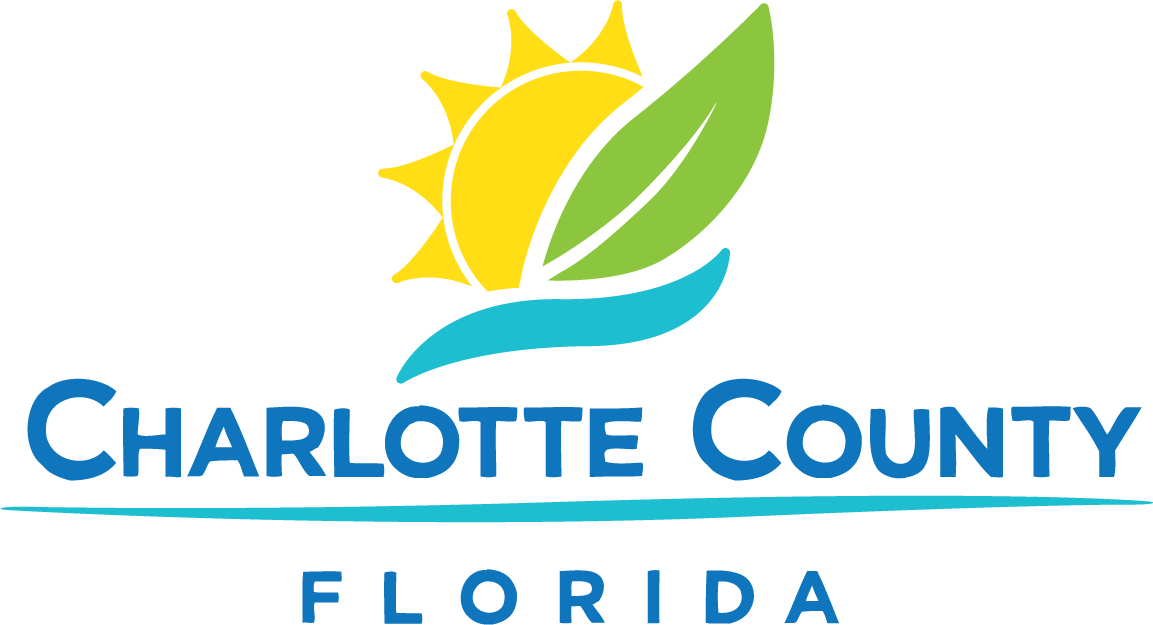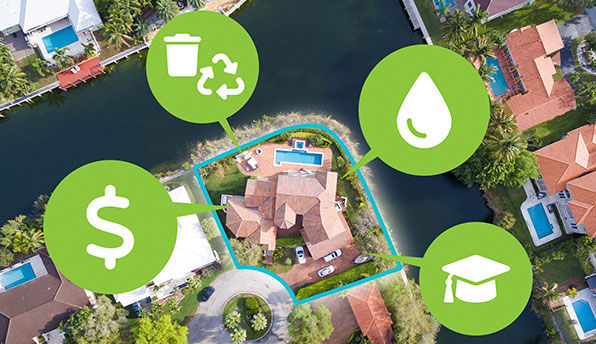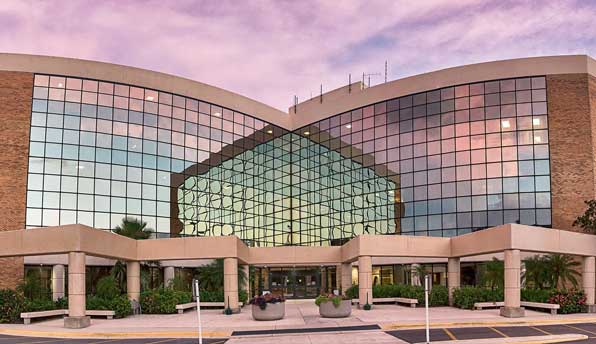Due to low land elevations and the high water tables over much of our area, flooding is likely to occur in some areas during summer rain showers and thunderstorms. The canal network and drainage ditches will alleviate some flooding affects. However, if there is too much rain for them to handle, flooding will occur throughout the county.
Mold Risks Following a Hurricane
Charlotte County urges residents to be aware of the potential health and home safety risks caused by mold growth. Excess moisture from flooding can quickly lead to mold in homes, posing serious health risks and causing damage to both structural and personal property. For more information, refer to the FEMA Mold Fact Sheet.
Related Links
- Flood Warning vs Watch
- FloodSmart.Gov
- NOAA Weather Radio
- Turn Around Don't Drown
- Disaster Planning Guide
- FEMA Mold Fact Sheet
Protective actions to take before, during and after flooding.
Preparatory Stage
- Prepare for hurricanes. Develop a disaster response plan.
- Keep a stock of food that does not need to be cooked.
- Keep a first aid kit available.
- Keep your vehicle fueled.
- Consider purchasing flood insurance for your home and your belongings. For further information contact your insurance agent. Homeowners policies do not cover damage due to rising water.
- Tune the radio, television, or NOAA weather radio in to get the most current information on the situation.
- Obey warnings from officials. Evacuate when notice is issued.
- Know where to evacuate to.
- Know what supplies to take with you.
- Shut off electricity and water to your house prior to leaving.
- Be cautious and avoid flood prone areas when leaving.
During Flood Stage
- Stay on higher ground.
- Do not drive on flooded roads. Even though you may think it is safe to drive, you may strand yourself if your vehicle stalls. Do not drive around barricades. Driving through water increases the amount of water pushed into people's homes.
- If your vehicle stalls, abandon it immediately and seek higher ground. It can be replaced. Your life cannot.
- Do not attempt to wade across any moving water that is higher than your knees.
After the Flood Stage
- Do not eat fresh food that has come into contact with flood water.
- Drink only bottled water.
- Stay away from disaster areas. You will only hamper rescue and recovery efforts.
- Do not handle live electrical equipment.
- Report downed power lines to law enforcement or to the power company.
- Stay tuned to your portable radio for additional information on the situation.






